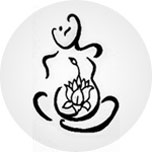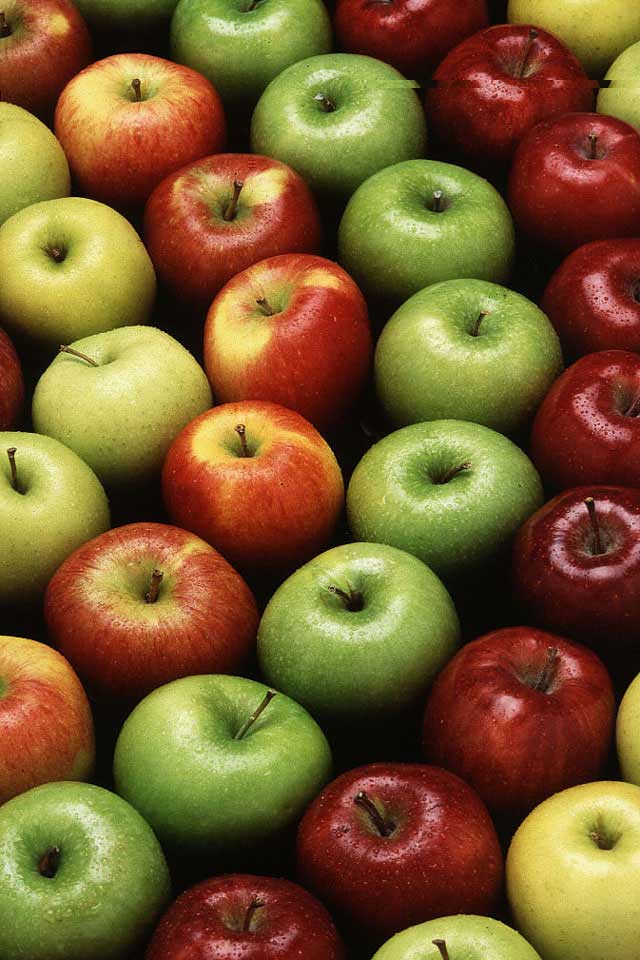Submitted via email from Rachel in Wilmington, NC
Sometimes I’m not sure if I’m actually bingeing. How do I know if a binge is really a binge? Last night I thought that I had binged. I ate two apples and two slices of toast after dinner. I was furious with myself, but my husband said that it wasn’t a binge. It felt like a binge because I wasn’t hungry. I was just grabbing food for no reason. But my husband said that two apples and two slices of toast aren’t a binge. I think it was. Was it?
Answer:
Hi Rachel,
That’s a complicated question without a clear answer. In order to deconstruct it, let’s first look at the proposed diagnostic criteria for binge eating disorder:
1. eating, in a discrete period of time (for example, within any 2-hour period), an amount of food that is definitely larger than most people would eat in a similar period of time under similar circumstances
2. a sense of lack of control over eating during the episode (for example, a feeling that one cannot stop eating or control what or how much one is eating)
B. The binge-eating episodes are associated with three (or more) of the following:
1. eating much more rapidly than normal
2. eating until feeling uncomfortably full
3. eating large amounts of food when not feeling physically hungry
4. eating alone because of feeling embarrassed by how much one is eating
5. feeling disgusted with oneself, depressed, or very guilty afterwards
C. Marked distress regarding binge eating is present.
D. The binge eating occurs, on average, at least once a week for three months.
E. The binge eating is not associated with the recurrent use of inappropriate compensatory behavior (for example, purging) and does not occur exclusively during the course of bulimia nervosa or anorexia nervosa.
So in terms of the amount of food you ate, it probably would not be considered a binge. However, what is important here is that a.)You ate when you were not hungry and b.)You say that you were furious with yourself.
This is an opportunity to try and understand what was driving you to eat. Were you bored? Were you tired? Were you procrastinating or trying to avoid something? Were you depressed? How do you know that you weren’t hungry? Did you eat enough during the day or at dinner?
Every time you eat when you aren’t hungry, it’s not necessarily a binge, but sometimes, it is an attempt to meet some unidentified need that you are having. When you are heading to the kitchen after dinner, it’s important to check in with what you are feeling and really think about what’s happening. In recovery, there is a saying: H.A.L.T. Am I Hungry? Angry? Lonely? Tired?
Having a snack or a desert after dinner or before bed is fine. But, as you begin to recover, watching yourself with an observing ego (the part of you that watches what you do and say without judgment or agenda, your own internal therapist), can be incredibly illuminating to better understand your eating patterns, and your patterns of guilt or shame associated with eating.
The fact that you felt so angry with yourself after you ate these things is poignant. So much of binge eating disorder is wrapped up in guilt and shame. As if eating too much is a crime against humanity. We put so many judgments on food and eating. Food is not a moral issue. A cookie is not bad and a carrot is not good. They are just food. Eating a carrot doesn’t make you virtuous nor does eating a cookie make you bad. It’s difficult to conceptualize that because we are so conditioned by the media to split foods and eating behaviors into “good” or “bad.” But eating 2 apples and 2 pieces of bread doesn’t make you bad.
The irony is that you are so angry at yourself when in reality, the binge indicates that you are needing some compassion, especially from yourself. There is something going on emotionally that needs tending to. So, when you find yourself angry at yourself for something that you’ve eaten, dig a little deeper. This is a good indication that you are needing self care and self love.
As you begin to “catch” these behaviors and your instincts to eat when you are actually needing something else, (such as talking to your husband, getting sleep, taking a bath, writing in your journal, talking to your best friend) you will find that your compulsions to binge decrease. This is because you are learning to tend to your needs rather than stuff them with food and the guilt that comes with it. You will remember that eating only temporarily relieves whatever pain you are having. You will have to deal with it at some point and unfortunately, the guilt and shame associated with binge eating will only serve to compound your pain and possibly deflect from what you are really needing to pay attention to. Guilt, shame, and self loathing after a binge are a great indicator that you need to be giving yourself compassion.
So, again, think about what was happening for you emotionally before you went for the toast and apples and try to find some kindness for yourself.
Do you have a question about binge eating, bulimia, anorexia, or anything associated with eating disorders? Send an email to bingeeatingtherapy at gmail dot com. All questions will be kept confidential. Include your first name or the name you want to be referred to as and your location.
Online Binge Eating Treatment - LEARN MORE!
EVIDENCE BASED INTERVENTIONS THAT REWIRE YOUR BRAIN TO:
-
STOP BINGE EATING
-
AUTOMATICALLY MAKE HEALTHY CHOICES
-
GAIN A FEELING OF PEACE AND CALMNESS IN YOUR BODY
-
RECOVER FROM BINGE EATING FOR GOOD




 Follow
Follow
